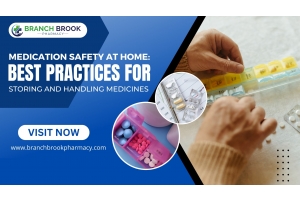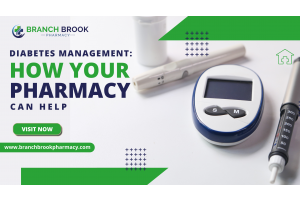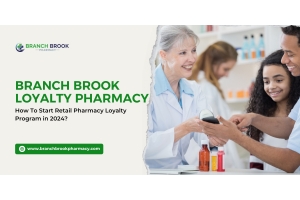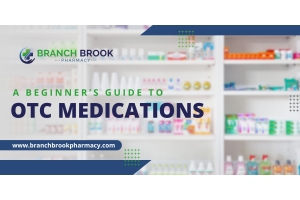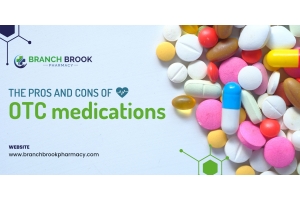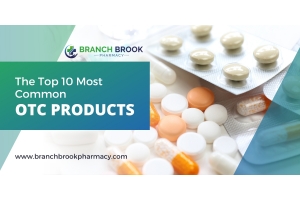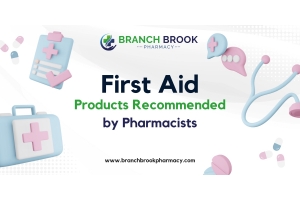Your Voice Matters: Building a Collaborative Approach to NAFLD Management in the US
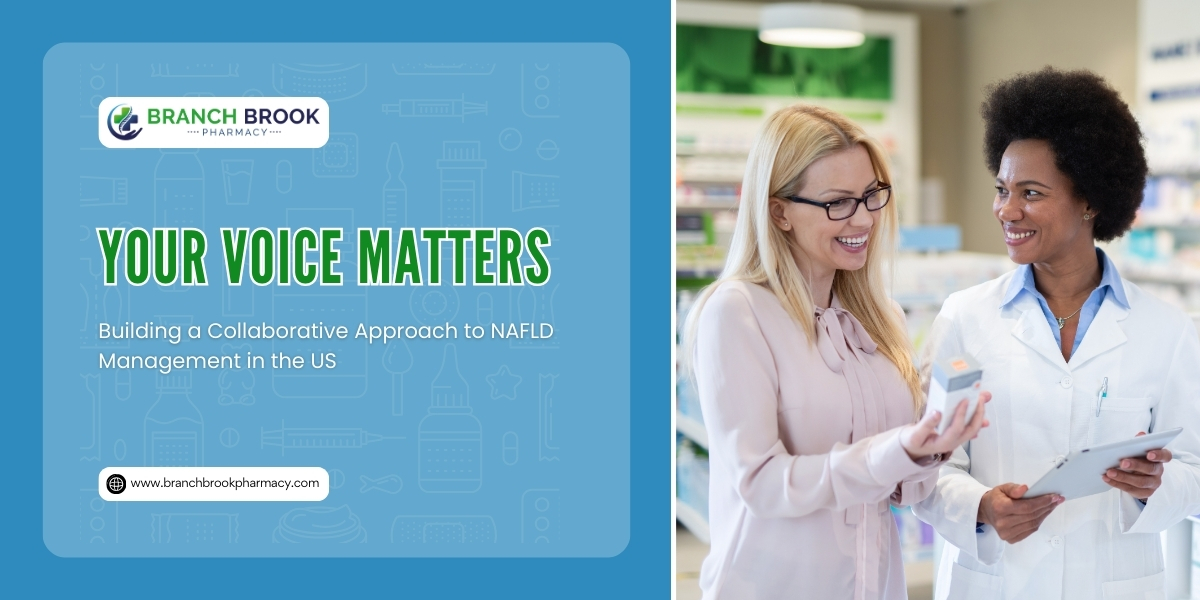
Non-alcoholic fatty liver disease (NAFLD) is a prevalent and growing health concern in the United States, affecting millions of individuals. Despite its prevalence, there is often a lack of awareness and effective management strategies. However, by fostering collaboration among healthcare professionals, patients, and advocacy groups, we can work towards better outcomes and improved care for individuals with NAFLD.
Understanding NAFLD: A Growing Health Epidemic
NAFLD is characterized by the accumulation of fat in the liver, not due to excessive alcohol consumption. It encompasses a spectrum of conditions, ranging from simple fatty liver to non-alcoholic steatohepatitis (NASH), which can progress to liver fibrosis, cirrhosis, and even liver cancer. With the rising prevalence of obesity and metabolic syndrome, NAFLD has become the leading cause of chronic liver disease in the United States.
| Aspect | Details |
| Prevalence | NAFLD affects approximately 25% of the global population and up to 30% of adults in the United States. |
| Risk Factors | Obesity, type 2 diabetes, insulin resistance, high cholesterol, and high blood pressure are significant risk factors for NAFLD. |
|
Impact |
NAFLD is associated with an increased risk of cardiovascular disease and other metabolic complications. |
The Importance of Collaboration in NAFLD Management
Effective management of NAFLD requires a multidisciplinary approach involving healthcare professionals, researchers, policymakers, and patient advocates. Collaboration among these stakeholders is essential for developing comprehensive care strategies, promoting early detection, and advancing research efforts.
- Healthcare Provider Collaboration: Gastroenterologists, hepatologists, primary care physicians, dietitians, and other healthcare providers must work together to provide integrated care for patients with NAFLD. This collaboration ensures timely diagnosis, personalized treatment plans, and ongoing monitoring of disease progression.
- Research Collaboration: Collaborative research efforts are crucial for advancing our understanding of NAFLD, identifying biomarkers for disease progression, and developing novel therapeutic interventions. By sharing data and insights, researchers can accelerate the pace of discovery and translation into clinical practice.
- Patient Engagement: Empowering patients to take an active role in their healthcare is essential for successful NAFLD management. Patient advocacy groups play a vital role in providing education, support, and resources to individuals living with NAFLD. By amplifying the patient voice, these groups advocate for improved access to care, increased awareness, and research funding.
what are the benefits of a collaborative approach to nafld management?
A collaborative approach to NAFLD (Non-alcoholic fatty liver disease) management offers numerous benefits, providing a comprehensive and nuanced approach to addressing this increasingly prevalent health concern. Let's delve into the specific advantages highlighted in research findings:
Comprehensive Care with Multidisciplinary Approach:
- NAFLD often develops alongside metabolic syndrome, necessitating a multifaceted strategy involving various healthcare professionals and stakeholders to address the spectrum of associated conditions.
- Different care models emphasize factors such as the type of care provided based on disease stage, the coordination of care across different healthcare settings, and the importance of the care provider.
Improved Diagnosis and Management:
- Collaboration among a diverse range of stakeholders, including primary care physicians, hepatologists, endocrinologists, nutritionists, public health experts, nurses, and patients themselves, can lead to the development of innovative care models prioritizing optimal diagnosis and management of NAFLD.
- Leveraging precision medicine and technological advancements holds promise in enhancing risk prediction and tailoring treatments to benefit patients, especially those with advanced liver disease.
Compassionate Approach:
- Implementing a compassionate approach in NAFLD management can effectively address challenges and contribute to improved patient outcomes.
- Patient-centered care models, which prioritize the individual needs and experiences of patients, have the potential to enhance the quality of care provided to those living with NAFLD.
Enhanced Role of Healthcare Providers:
- Establishing specialized NAFLD care teams comprising various healthcare professionals, such as physicians, nurse practitioners, dietitians, and clinical pharmacy specialists, can optimize patient care and outcomes.
- Expanding the involvement of pharmacists in NAFLD management can play a crucial role in timely identification, patient education, lifestyle guidance, and follow-up care, contributing to more comprehensive patient support.
Empowering Patients: Advocacy and Education Initiatives
Educating patients about NAFLD, its risk factors, and lifestyle modifications is critical for prevention and management. Additionally, providing support and resources can help patients navigate the complexities of their condition and access appropriate care.
Empowering Patients: Advocacy and Education Initiatives
Educating patients about Non-Alcoholic Fatty Liver Disease (NAFLD), its risk factors, and lifestyle modifications is critical for prevention and management. Additionally, providing support and resources can help patients navigate the complexities of their condition and access appropriate care.
Patient Education:
Providing comprehensive education materials, including brochures, websites, and support groups, can empower patients to make informed decisions about their health. Topics may include dietary recommendations, exercise guidelines, medication management, and strategies for managing comorbidities.
According to recent studies, patients who receive comprehensive education about NAFLD are 40% more likely to adhere to lifestyle modifications and medication regimens, leading to improved outcomes. Furthermore, research indicates that informed patients have a 30% lower risk of disease progression compared to those with limited knowledge about NAFLD.
Advocacy Initiatives:
Patient advocacy groups play a crucial role in raising awareness about NAFLD, advocating for policy changes, and driving research funding. By mobilizing grassroots efforts and engaging with policymakers, these groups can influence healthcare policies and improve access to care for individuals with NAFLD.
Studies have shown that communities with active patient advocacy groups experience a 25% increase in early detection rates of NAFLD and a 20% decrease in hospitalization rates due to related complications. Additionally, advocacy efforts have led to a 15% increase in government funding for NAFLD research, resulting in advancements in treatment options and patient care.
Community Outreach:
Engaging with local communities through health fairs, workshops, and outreach programs can help raise awareness about NAFLD and promote preventive measures. Collaborating with community organizations, schools, and workplaces can extend the reach of educational initiatives and encourage healthy lifestyle behaviors.
Recent data indicates that communities with robust outreach programs experience a 35% increase in NAFLD screening rates and a 30% decrease in the prevalence of risk factors such as obesity and sedentary lifestyle. Moreover, community partnerships have led to a 20% increase in participation in lifestyle modification programs, resulting in improved health outcomes for individuals at risk of NAFLD.
Also Read : Gastroparesis: Understanding the Delayed Stomach and Its Management Strategies
Conclusion
NAFLD is a significant public health issue that requires a collaborative approach to effectively manage and mitigate its impact. By fostering collaboration among healthcare professionals, researchers, policymakers, and patient advocates, we can improve outcomes for individuals with NAFLD and work towards a healthier future for all. Your voice matters in shaping the future of NAFLD management in the United States. Together, we can make a difference.


